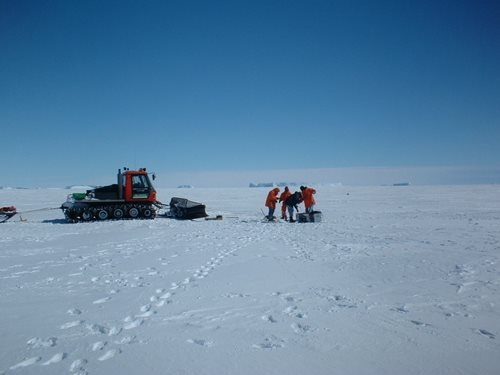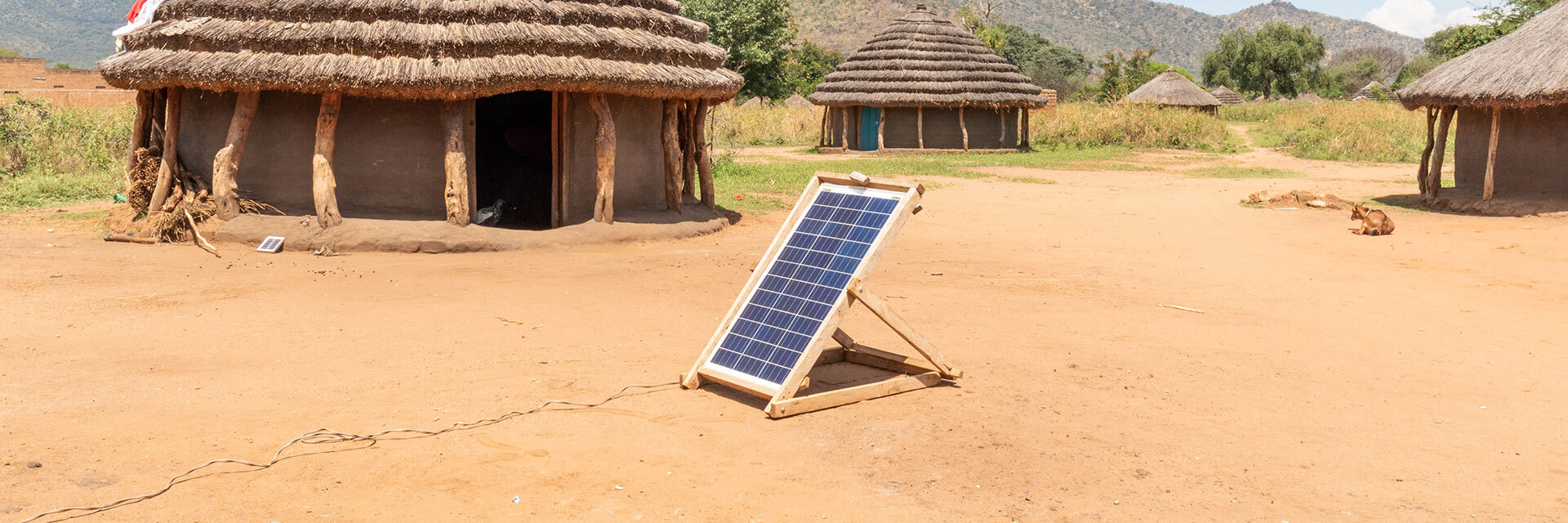Expertises
Fields of action
The LIDD’s activities are oriented around three main areas of research and a single teaching focus:
Biomimicry, biomimetic design and ecodesign
Biomimicry is a philosophy and an interdisciplinary design approach modeled on nature, with a view to overcoming challenges related to sustainable development. Biomimetic design is an interdisciplinary cooperation among biology and technology or other areas of innovation, working together to solve practical problems through the functional analyse of biological systems, their abstraction in models and the transfer and application of these models to the solution. Biomimicry and biomimetic design are among the approaches identified by the ISO 18458:2015 standard.
One of the LIDD’s fields of action focuses on enhancing the biomimetic design methodology using quantitative methods derived from life cycle analysis. The LIDD has published a number of scientific articles in this area. The Doctoral dissertation authored by LIDD Co-Founder Philippe Terrier discusses biomimetic design in engineering and its application to urban mobility. The LIDD also collaborates with Québec SMEs to facilitate the use of sustainable engineering approaches and tools (ecodesign, reduction of environmental impacts, life cycle assessment).
In terms of biomimetic design, the Ask Nature database, which constitutes a reference in the field, is useful for discovering how living organisms implement the functions that technical systems tend to imitate.
Appropriate technologies and low-tech
The objective of appropriate technologies and low-tech is to meet the fundamental technological needs for the emancipation and development of populations. These two approaches, which encompass many techniques but share a single philosophy, affect multiple areas, including food and water, waste management, energy, housing, transportation, etc.
These technologies must follow three fundamental principles:
- Meet basic needs in order to ensure a lifestyle that is consistent with the principles of sustainability.
- Be accessible, controllable and usable by the majority of users to promote increased autonomy among populations. Toward this end, they must be able to be constructed, repaired or maintained locally, and must apply simple functional principles at a cost that respects the financial capacity of users.
- Take into account environmental and social impacts. Low-tech solutions are repairable, recyclable and adaptable, and are well suited to an approach based on sustainability.
The LIDD was founded with the objective of providing support for research and development in appropriate technologies applied primarily with the context of international cooperation. Since it was founded, the LIDD has collaborated on numerous projects with NGOs, including Oxfam-Québec, Handicap International, CUSO International and Engineers Without Borders. Philippe Terrier, Co-Founder of LIDD, was Director General and a member of the BoD of Engineers Without Borders Québec for many years.
Technology and engineering for polar environments
Antarctic polar research stations are among the most isolated locations in the world, where communities of scientists contribute to the advancement of knowledge in the fields of climatology, glaciology, biology, etc. The LIDD has collaborated on numerous projects related to access to renewable energy at research stations based in Antarctica, often in partnership with PG Polar Engineering.
Philippe Terrier, Co-Founder of LIDD, has been involved in a number of scientific missions in Antarctica, including a 14-month overwintering at the Dumont d’Urville polar station in Adélie Land (in French) and multiple excursions to Dome C for glaciological drilling in connection with climate studies.




Teaching and sharing knowledge related to sustainable engineering
The LIDD is actively involved in sharing sustainable engineering knowledge, practices and tools. LIDD members organize a number of conferences every year (biomimicry, sustainable engineering, etc.), and various interventions are held within the context of training activities. In addition, the LIDD’s projects are conducive to teaching, with a view to providing students with real-world case studies in courses that focus on the application of sustainable development tools in engineering.
The LIDD is also committed to developing and sharing practices and knowledge with ÉTS faculty members who wish to incorporate sustainable engineering tools into their teaching and research activities.


